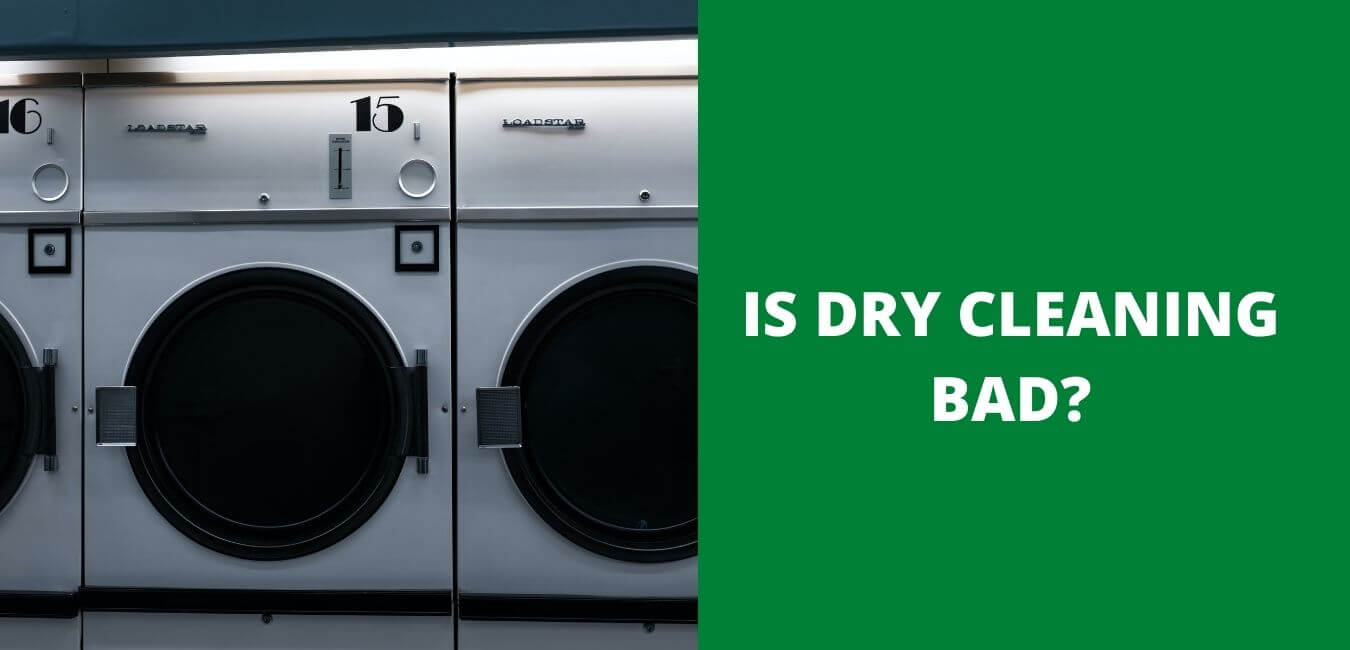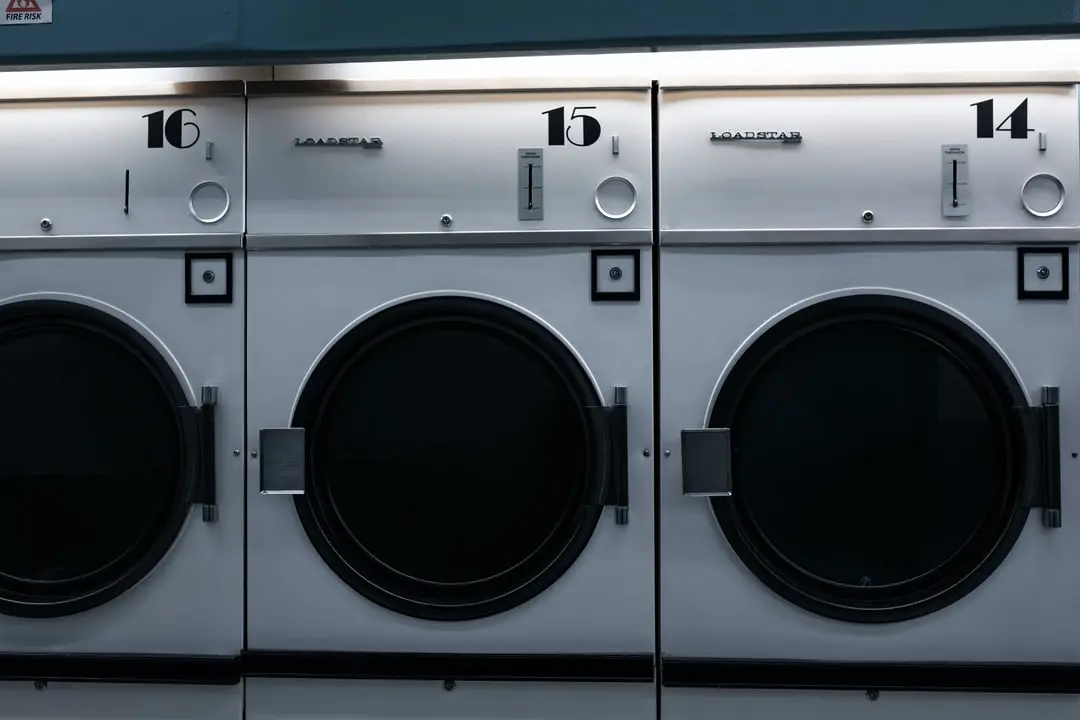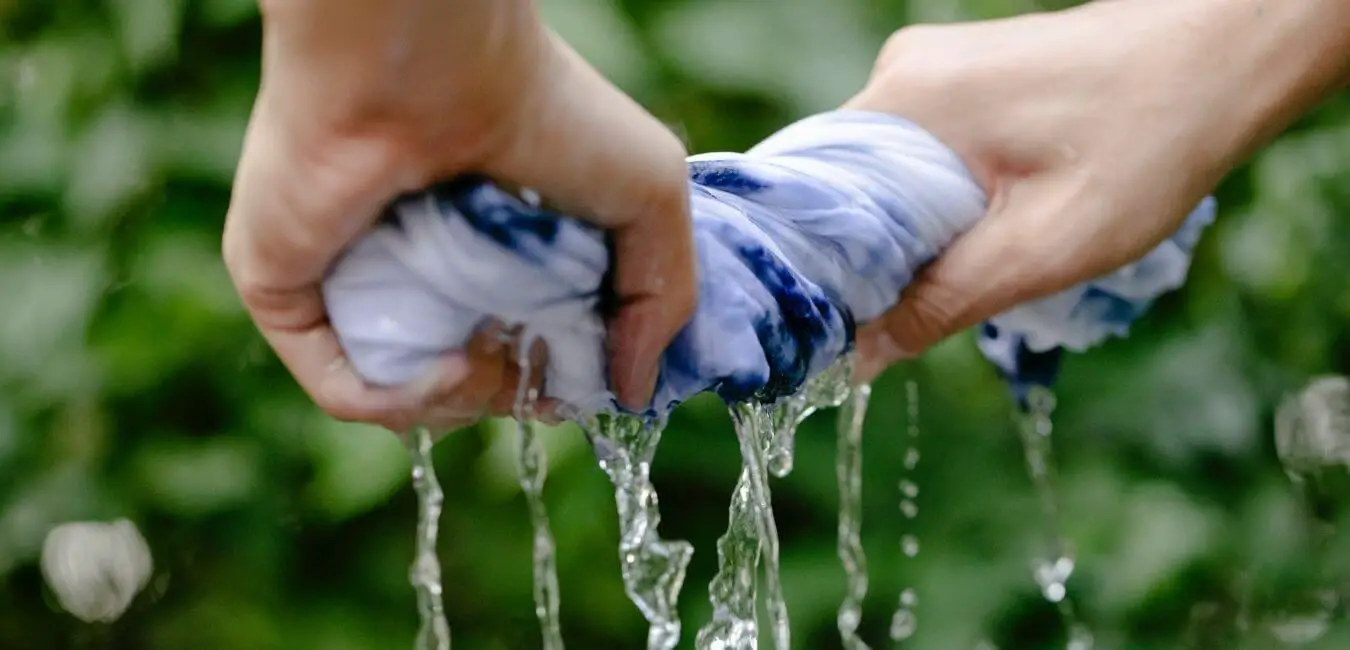Washing clothes is an essential part of our daily routine. However, the frequency at which clothes should be washed is a subjective matter. While some people prefer to launder their clothes after each use, others wash them periodically. So, how frequently should one wash their clothes?
It is recommended to wash your clothes after wearing them twice. However, factors like fabric type, the level of soil and odor, and personal hygiene habits all come into play when determining how often your clothes need to be washed.
The best practice is to adopt a balanced approach that maintains hygiene without damaging the clothing material. In this article, we delve into the factors that affect the frequency of washing clothes and provide tips for how often you should wash different types of clothing.
Why Should You Wash Your Clothes After Wearing Them Twice?

We’ve all been guilty of wearing clothes more than once before throwing them in the laundry pile. Whether it’s a favorite pair of jeans or a cozy sweater, it can be tempting to wear them again before washing them.
However, have you ever thought about the potential consequences of not washing your clothes regularly? Not only can it lead to a buildup of dirt, sweat, and bacteria, but it can also affect your skin and health.
Here are 5 reasons why you should wash your clothes after wearing them twice:
1. Avoid odor Build-Up: No one wants to smell bad, and wearing clothes repeatedly without washing them can lead to a build-up of odor-causing bacteria. Washing your clothes after wearing them twice can help prevent unpleasant smells from clinging to your clothes and your skin.
2. Prevent Stains: Repeated wearing can lead to stains and blemishes on your clothes, particularly if you’re prone to spillages or sweat a lot. Washing your clothes regularly can help prevent these stains from setting in and make them easier to remove when they do occur.
3. Avoid Skin Irritation: Wearing clothes multiple times without washing them can lead to skin irritation, particularly in sensitive areas like your armpits or groin. Washing your clothes regularly can help keep your skin clean and healthy and reduce the risk of irritation.
4. Keep Your Clothes Looking Their Best: Over time, dirt and grime can build up on your clothes, leading to fading, fraying, and other signs of wear and tear. Washing your clothes often can help keep them looking their best and extend their lifespan.
5. Promote Good Hygiene: Let’s face it, nobody likes the idea of wearing clothes that have been worn multiple times without being washed. Washing your clothes after wearing them twice promotes good hygiene and shows that you care about your own health and wellbeing, as well as that of those around you.
In summary, washing your clothes after wearing them twice can help prevent odor, stains, skin irritation, maintain the quality of the fabric, and promote good hygiene. So, make sure you’re giving your clothes the care and attention they need by washing them regularly.
How To Determine Whether Your Clothes Need Washing

Are you unsure of when it’s time to wash your clothes? Wearing dirty clothes isn’t only uncomfortable and unappealing, but also a potential health hazard. To help you determine if your clothing needs a trip to the washing machine, we have compiled a list of useful tips.
Here are a few ways to determine whether your clothes need washing:
1. The Sniff Test: One way to tell if your clothes need washing is the sniff test. If the fabric smells stale or musty, it’s time for a wash.
2. Bodily Oils Accumulation: If you have worn your clothes for a few days, bodily oils can accumulate on the fabric, causing a pungent odor. So, it’s better to wash shirts and blouses after 1-2 wearing, dress pants or slacks after 2-3 wearing, and jeans after 4-5 wearing.
3. Fabric Appearance: If your clothes have stains, discoloration, or general signs of wear and tear, such as fading or shrinking, it’s a clear indicator of a wash needed.
4. Doing Sweaty Jobs: If you wore clothes to do something that involves getting sweaty, like working out or gardening, it’s a good indication that the item needs washing.
5. Touch and Feel: If the clothes feel uncomfortable or rough to the touch, it’s a sign they need washing. Sweat and grime can build upon the fabric over time, so if things start to feel grimy, sticky, or moist, it’s high time you toss them in the washer.
6. Haven’t Washed for a Long Time: If you haven’t washed your clothes in a while, it may be time for a wash regardless if you wore the clothes or not. It’s important to keep this in mind to maintain the hygiene and durability of your clothes.
These are some of the ways to determine whether your clothes need washing. Regular cleaning of clothes prolongs their life and keeps them hygienic. So, take good care of your clothes and keep them smelling fresh and clean.
The Advantages of Washing Your Clothes Frequently

Washing your clothes is a chore that many people dread. However, washing your clothes frequently has numerous advantages that are often overlooked. Here are five benefits of washing your clothes regularly:
1. Better Hygiene
Frequent washing of clothes helps to eliminate bacteria, germs, and dirt that accumulate on garments over time. This is especially important during flu seasons or when people interact with crowds. Washing clothes with hot water and detergent can eliminate up to 99.9% of germs, keeping you and your family healthy.
2. Longer Lifespan of Clothes
Clothes that are washed frequently tend to last longer compared to those that are left dirty for prolonged periods. Dirt, oils, and bacteria can cause fabric to deteriorate over time, reducing the lifespan of your favorite clothes. Regular washing of clothes helps to remove dirt and bacteria, extending the life of the garments.
3. Improved Appearance
Washing clothes frequently helps to keep them looking their best. Dirt and bacteria can lead to discoloration and fading of fabric, making clothes look worn and old. Regular washing helps to keep clothes vibrant and looking new for longer periods.
4. Reduced Stains
Stains are common on clothes, whether it’s from food or dirt. However, frequent washing can help to prevent stains from setting into fabric. Pre-treating stains and washing clothes as soon as possible helps to remove stains before they become permanent.
5. Effortless Ironing
Ironing clothes can be a daunting task, but frequent washing can make the process easier. When clothes are washed regularly, fabric tends to be smoother and wrinkle-free. This means you don’t have to spend as much time ironing as you would with clothes that haven’t been washed in a while.
The Disadvantages of Washing Your Clothes Frequently

Washing your clothes frequently can seem like a good idea, as it helps to keep them looking and smelling fresh. However, despite the benefits of frequent washing, there are some significant disadvantages associated with it.
Here are a few things to keep in mind about washing your clothes frequently:
1. Damage to Fabric
Frequent washing can lead to wear and tear on fabric fibers, causing them to weaken over time. This can result in fading, pilling, or even holes in your clothing.
2. Higher Water Consumption
As mentioned before, washing machines use far more water than washing clothes by hand. Frequent washing can lead to a significant increase in water usage, which can have negative effects on the environment and your wallet.
3. Energy Usage
Along with higher water consumption, washing machines also use a lot of energy. Frequent washing means more time spent running the machine, which can add up on your energy bills.
4. Environmentally Unfriendly
Every time you wash a load of laundry, you use up water and energy resources. With the increasing concern for environmental sustainability, people are encouraged to reduce their water usage as much as possible. By reducing how often we wash our clothes and opting for air-drying instead of using a dryer machine when possible, we can help save natural resources.
5. Wasting Time
Frequent washing can take up valuable time that could be spent on other tasks or hobbies. Not only does it take time to actually run the machine, but there’s also time spent sorting and folding laundry. Dedicate some time each week to washing clothes instead of doing it daily.
Remember, it’s important to maintain good hygiene and cleanliness, but over-washing can have negative consequences. Consider the above disadvantages and adjust your laundry routine accordingly to save time, money, and maintain the quality of your clothing.
Conclusion and final thoughts 💭
So there you have it, a guide to help you determine how often to wash your clothes. Remember, it’s important to keep your clothes clean not just for hygiene reasons, but also for their longevity.
There are several signs to look for when deciding how often to wash your clothes, such as stains, odors, and wrinkles. By paying attention to these cues, you can stay on top of your laundry and ensure that you’re always looking and smelling your best.
Washing clothes frequently has numerous advantages. Regular washing helps to keep clothes looking their best, reducing stains, for easier ironing, and improving their lifespan. Focusing on clothes hygiene is also essential, especially during flu seasons or when people interact with crowds.
Of course, there may be some exceptions to these general rules, but hopefully this guide has given you a good starting point. Until next time, happy washing!








